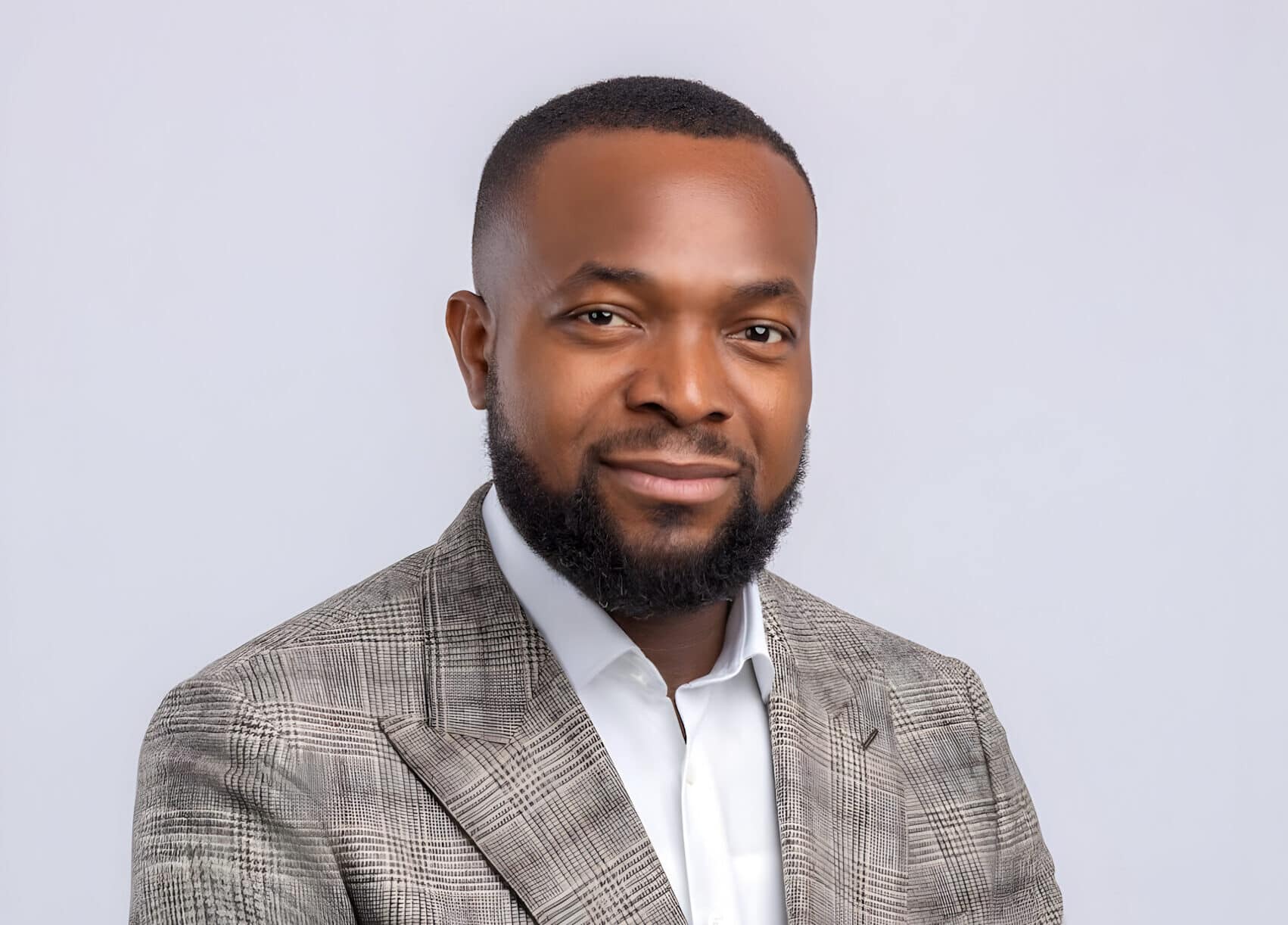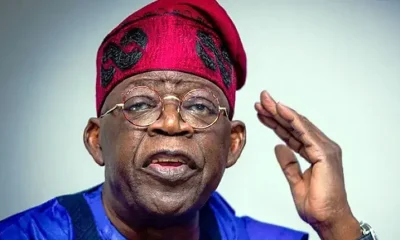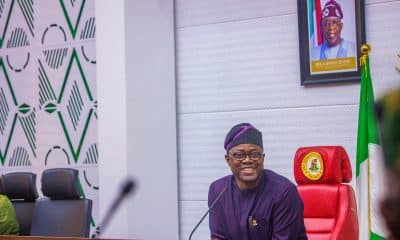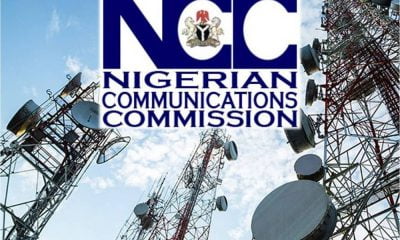Nigeria News
Data Costs In Nigeria Remain Among The Most Affordable Globally – Bosun Tijani

The Minister of Communications, Innovation, and Digital Economy, Bosun Tijani, has emphasized that despite Nigerians’ grievances, the country’s data costs remain exceptionally affordable globally.
During his appearance on a live television program on Arise, the Minister articulated the Ministry’s primary objective to enhance the quality of telecommunications services provided to Nigerians.
Recognizing the critical role of internet access for the populace and the nation’s economy, Tijani said the Ministry is committed to expanding broadband coverage across most of the country’s regions.
This expansion will be accomplished by implementing the National Broadband Plan, which aims to deploy 95,000 kilometres of fibre optic cables nationwide.
Furthermore, Nigeria has set a target of achieving 70% broadband penetration by 2025 under this plan.
Tijani revealed that the Ministry of Communications is presently guided by four strategic pillars, all directed toward leveraging technology for economic transformation in the country.
“if Nigeria is ever going to develop, we understand that we need to mainstream the application of technology, but for us to do that, we came up with five key pillars guiding our work. The first one is what we’ve called Knowhow, which means we need to have a strong workforce that can help apply technology if anything serious is going to happen.
“Also, because there’s a global gap in the technology workforce, we think because over 60% of our population is under the age of 25, Nigeria can also become a net exporter of technology talent. So that’s the first pillar. How do we drive more knowledge? How do we drive more people? How do we invest in more research in technologies we want to apply?” he said.
The Minister said the second pillar is to focus on policy to reimagine the government’s policies as a tool to regulate and stifle opportunity and open up the economy across all sectors for technological innovation to happen. He added that this is being implemented through partnerships between ministries to drive the application of technology.
Speaking on infrastructure, the Minister said: “The third pillar is infrastructure. We don’t talk about this enough. Nigeria’s telecommunication sector is actually one of the best on the continent. People talk about data being expensive, but it is still one of the cheapest in the world. Of course, we know how important it is to our people. We need to continue to look for ways to improve the quality, but we also want to ensure that broadband penetration in Nigeria is in the critical parts of the country.
“We’re aiming to go on a target of 95,000 kilometres of fibre laying. That’s the target that has been set for Nigeria to cover the country with fibre optic cable, and we want to achieve 70% penetration in the first four years.”
He added that the fourth pillar is what the Ministry called Innovation and Entrepreneurship.
“If we do the first pillar, well, the second and third pillars really well, innovators and entrepreneurs are necessary to make gains out of it. So, we’re increasing the pool of local capital, and patent capital that startups can access, which is what we want to achieve with the i-DICE program of almost $600 million. We want to be able to invest in our people.
“And lastly, if we invest in these people, it’s not enough for them to produce things that we consume locally. We’ve seen it in entertainment; if they can also export their solution, they will bring in foreign earnings into the economy, and that’s what we are doing,” he said.












